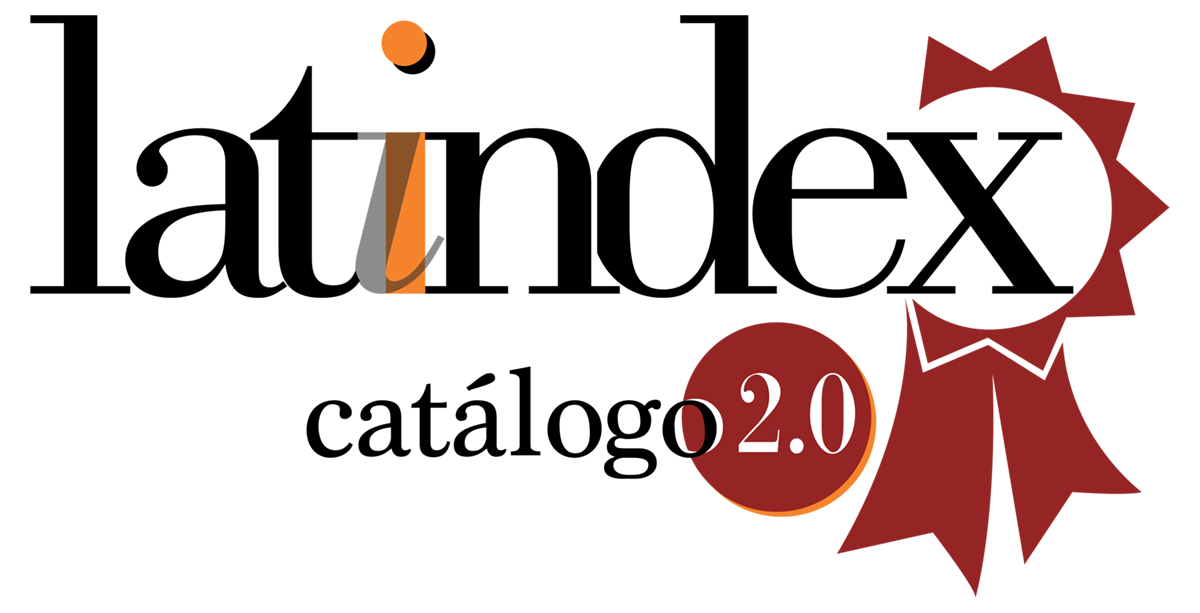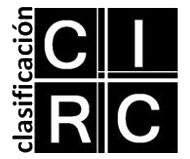Music sector’s new digital tactics
Streaming in the South’s aesthetics in the Covid-19 pandemic
DOI:
https://doi.org/10.24215/16696581e718Keywords:
music sector, streaming, digital tactics, decolonial perspective, pandemicAbstract
This article analyzes the use of streaming platforms by music artists in the context of the Covid-19 pandemic in relation to the contributions of Andrew Feenberg about his critical theory of technology (2005). In a global context of complete health, economic and social uncertainty unleashed by the proliferation of the virus at the beginning of 2020, the artistic sector was one of the most affected sectors in the world geography (Capasso, Camezzana, Mora & Saez; 2020; Laborde, 2021). In Argentina, after the national provisions of the ASPO - preventive and compulsory social isolation - which suspended all live performances for months, a part of the local music sector leaned towards the use of live music streaming platforms in order to survive in the face of paralysis. total of the sector. This article seeks to reflect on these new modalities in musical practice, their unequal configurations and the need to promote a decolonial perspective (Gómez & Mignolo, 2012) and criticism of these platforms as well as the role of the State.
Downloads
References
Bauman, Zygmunt (1998). Tiempo y clase y Turistas y vagabundos en La Globalización; Buenos Aires: Fondo de Cultura Económica.
Becker, H. (2008) [1982]. Los mundos del arte. Sociología del trabajo artístico. Bernal: Universidad Nacional de Quilmes.
Capasso, V., Camezzana, D., Mora, A. S., & Sáez, M. (2020). Las artes escénicas en el contexto del ASPO. Revista Question/Cuestión, n°66 vol 2, e470. Disponible en https://doi.org/10.24215/16696581e470
Feenberg, Andrew (2005). Teoría crítica de la tecnología en Revista CTS, n°5, vol.2.
Disponible en http://www.revistacts.net/contenido/numero-5/teoria-critica-de-la-tecnologia/
Gómez, & Mignolo, Walter (2012), Estéticas decoloniales. Bogotá: Sección de Publicaciones Universidad Distrital Francisco José de Caldas.
Grzinc, Marina (2004). Situated Contemporary Art Practices: Art, Theory and Activism from (the East) of Europe, Ljubljana: ZRC SAZU
Infantino, J. (2011) Trabajar como artista. Estrategias, prácticas y representaciones del trabajo artístico entre jóvenes artistas circenses, en Cuadernos de Antropología Social, Buenos Aires.
Laborde, J. (2021) Narrativas de desigualdad de mujeres músicas platenses y crisis del sector por Covid-19. I Encuentro Latinoamericano de Música, Género y Diversidad : 2 y 3 de noviembre de 2021: publicación de actas / compilación de Victoria Gandini ; Guadalupe González Táboas.- 1a ed.- Ciudad Autónoma de Buenos Aires : Universidad Nacional de las Artes, 2022. Disponible en https://assets.una.edu.ar/files/file/artes-musicales/2022/2022-una-ms-i-encuentro-latinoamericano-de-musica-genero-y-diversidad-actualizado.pdf
Laborde, J. (2022) Mujeres y disidencias en la música: un estado de la cuestión de las problemáticas feministas contemporáneas en el campo musical (2016-2020). Tesis de grado. Universidad Nacional de La Plata. Facultad de Humanidades y Ciencias de la Educación. En Memoria Académica. Disponible en https://www.memoria.fahce.unlp.edu.ar/tesis/te.2215/te.2215.pdf
Lara, A., & Enciso, G. (2013). El Giro Afectivo. Athenea Digital. Revista de pensamiento e investigación social, 13(3), 101-120.
Mauro, K. (2018). Entre el mundo del arte y el mundo del trabajo. Herramientas conceptuales para comprender la dimensión laboral del trabajo artístico. Buenos Aires: UBA. Disponible en http://revistascientificas.filo.uba.ar/index.php/telondefondo/article/view/5097
Ochoa, A. M. (2003) Músicas locales en tiempos de globalización. Buenos Aires: Grupo editorial Norma
Verdenelli, J. & Winokour, J. (2022) Músicas y bailarinas de tango en tiempos de crisis: demandas, estrategias y desafíos. En Argumentos, UAM –XOCHIMILCO, México. Año 34, Núm 97, Pp. 191-210. Disponible en:
https://www.doi.org/10.24275/uamxoc-dcsh/argumentos/202197-9
Downloads
Published
How to Cite
Issue
Section
License
La aceptación de un original por parte de la revista implica la cesión no exclusiva de los derechos patrimoniales de los/as autores/as en favor del editor, quien permite la reutilización, luego de su edición (postprint), bajo una Licencia Creative Commons Atribución-NoComercial-CompartirIgual 4.0 Internacional (CC BY-NC-SA 4.0)
Acorde a estos términos, el material se puede compartir (copiar y redistribuir en cualquier medio o formato) y adaptar (remezclar, transformar y crear a partir del material otra obra), siempre que a) se cite la autoría y la fuente original de su publicación (revista y URL de la obra), b) no se use para fines comerciales y c) se mantengan los mismos términos de la licencia.
La cesión de derechos no exclusivos implica que luego de su edición (postprint) en Question las/os autoras/es pueden publicar su trabajo en cualquier idioma, medio y formato; en tales casos, se solicita que se consigne que el material fue publicado originalmente en esta revista.
Tal cesión supone, también, la autorización de los/as autores/as para que el trabajo sea cosechado por SEDICI, el repositorio institucional de la Universidad Nacional de La Plata, y sea difundido en las bases de datos que el equipo editorial considere adecuadas para incrementar la visibilidad de la publicación y de sus autores/as.
Asimismo, la revista incentiva a las/os autoras/es para que luego de su publicación en Question depositen sus producciones en otros repositorios institucionales y temáticos, bajo el principio de que ofrecer a la sociedad la producción científica y académica sin restricciones contribuye a un mayor intercambio del conocimiento global.
















































